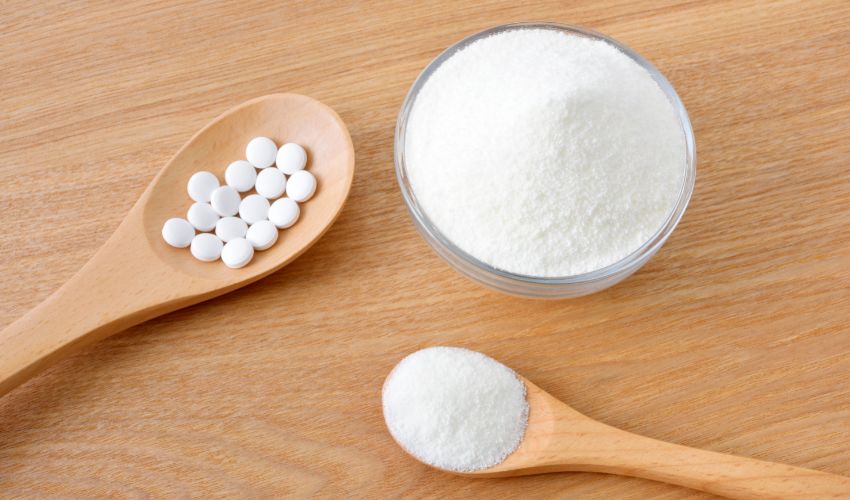Lactic acid is a molecule that is produced by the body during exercise and other metabolic processes. It has been the subject of much controversy in the fitness world, with some people claiming that it is harmful and should be avoided at all costs. However, recent research has shown that lactic acid plays a critical role in the body’s metabolism and provides numerous benefits. In this article, we will explore the importance of lactic acid, its benefits, and how it affects your workouts.
Importance of Lactic Acid:
Lactic acid is a byproduct of the body’s energy metabolism. When the body is under stress, such as during intense exercise, the muscles require more energy than they can get from the available oxygen. This leads to a process called anaerobic metabolism, where glucose is broken down into lactic acid to provide energy to the muscles. Lactic acid buildup can cause muscle fatigue and soreness, but it is essential for providing the muscles with the energy they need to perform.
Benefits of Lactic Acid:
Lactic acid has many benefits, including:
- Increased endurance: Lactic acid buildup triggers the body’s production of growth hormone, which can increase endurance and help the body adapt to stress.
- Improved muscle function: Lactic acid helps to regulate muscle pH levels, which can improve muscle function and reduce fatigue.
- Reduced inflammation: Lactic acid has anti-inflammatory properties that can help to reduce inflammation and promote healing.
- Increased insulin sensitivity: Lactic acid can improve insulin sensitivity, which can help to prevent type 2 diabetes and other metabolic disorders.

How Lactic Acid Affects Your Workouts:
Lactic acid buildup can affect your workouts in several ways:
- Increased fatigue: Lactic acid buildup can cause muscle fatigue and reduce your ability to perform.
- Improved endurance: However, lactic acid buildup can also increase endurance by triggering the body’s production of growth hormone.
- Delayed onset muscle soreness (DOMS): Lactic acid buildup can cause DOMS, which is the soreness you feel in your muscles after a workout. This soreness is a sign that your muscles are adapting to the stress and getting stronger.
- Improved recovery: Lactic acid can improve recovery by reducing inflammation and promoting healing.
FAQs:
Is lactic acid bad for you?
No, lactic acid is not bad for you. It is a natural byproduct of the body’s metabolism and provides numerous benefits.
Does lactic acid cause muscle soreness?
Lactic acid buildup can cause delayed onset muscle soreness (DOMS), which is the soreness you feel in your muscles after a workout. This soreness is a sign that your muscles are adapting to the stress and getting stronger.
Does lactic acid cause fatigue?
Lactic acid buildup can cause muscle fatigue and reduce your ability to perform. However, it can also increase endurance by triggering the body’s production of growth hormone.
Can lactic acid improve recovery?
Yes, lactic acid can improve recovery by reducing inflammation and promoting healing.
How can I reduce lactic acid buildup?
You can reduce lactic acid buildup by improving your aerobic fitness, increasing your lactate threshold, and incorporating active recovery techniques into your workouts.

Conclusion:
Lactic acid is a critical molecule in the body’s metabolism and provides numerous benefits, including increased endurance, improved muscle function, reduced inflammation, and increased insulin sensitivity. Although lactic acid buildup can cause muscle fatigue and soreness, it
is an essential part of providing energy to the muscles during intense exercise. By understanding the importance of lactic acid and how it affects your workouts, you can optimize your training and recovery to achieve your fitness goals.
Incorporating active recovery techniques, improving your aerobic fitness, and increasing your lactate threshold are all effective ways to reduce lactic acid buildup and improve your workouts. So don’t fear lactic acid, embrace it as the unsung hero in your body’s metabolism and harness its benefits to take your fitness to the next level.






















